Societal Human Values Series #9
Tibetan Emperor Songtsen Gampo, (Srong-brtsan-sgam-po), reigned 629-650 CE. Among his many achievements, he promoted a moral code known as the Sixteen Principles of Societal Human Values (mi chos gtsang ma bcu drug). As the Dalai Lama’s translator Thupten Jingpa writes, “Most of these sixteen values have to do with promoting greater societal well-being and living one’s life with dignity, honesty, and respect for others.”
Phakchok Rinpoche frequently emphasizes the importance of living respectfully in society. He encourages students to memorize and internalize these points of conduct as a core foundation for our practice of the Dharma. If we don’t keep this moral code, then whatever higher practices we engage in will be unlikely to bear much fruit.
This is the ninth in a series of explanations of these sixteen principles.
Principle #9 Emulating those who are respectful and virtuous (ya rap kyi jé nyek ching chi tak ring wa)
The Tibetan terms translated here refer to people who are respectable, polite, noble, or virtuous. A simpler way of phrasing this value would be to “choose good role models.” The American sociologist Robert Merton (1910-2003) invented the term ‘role model’ to describe how people compare themselves with “reference groups”, of individuals who represent a social role which the person values or aspires to attain.
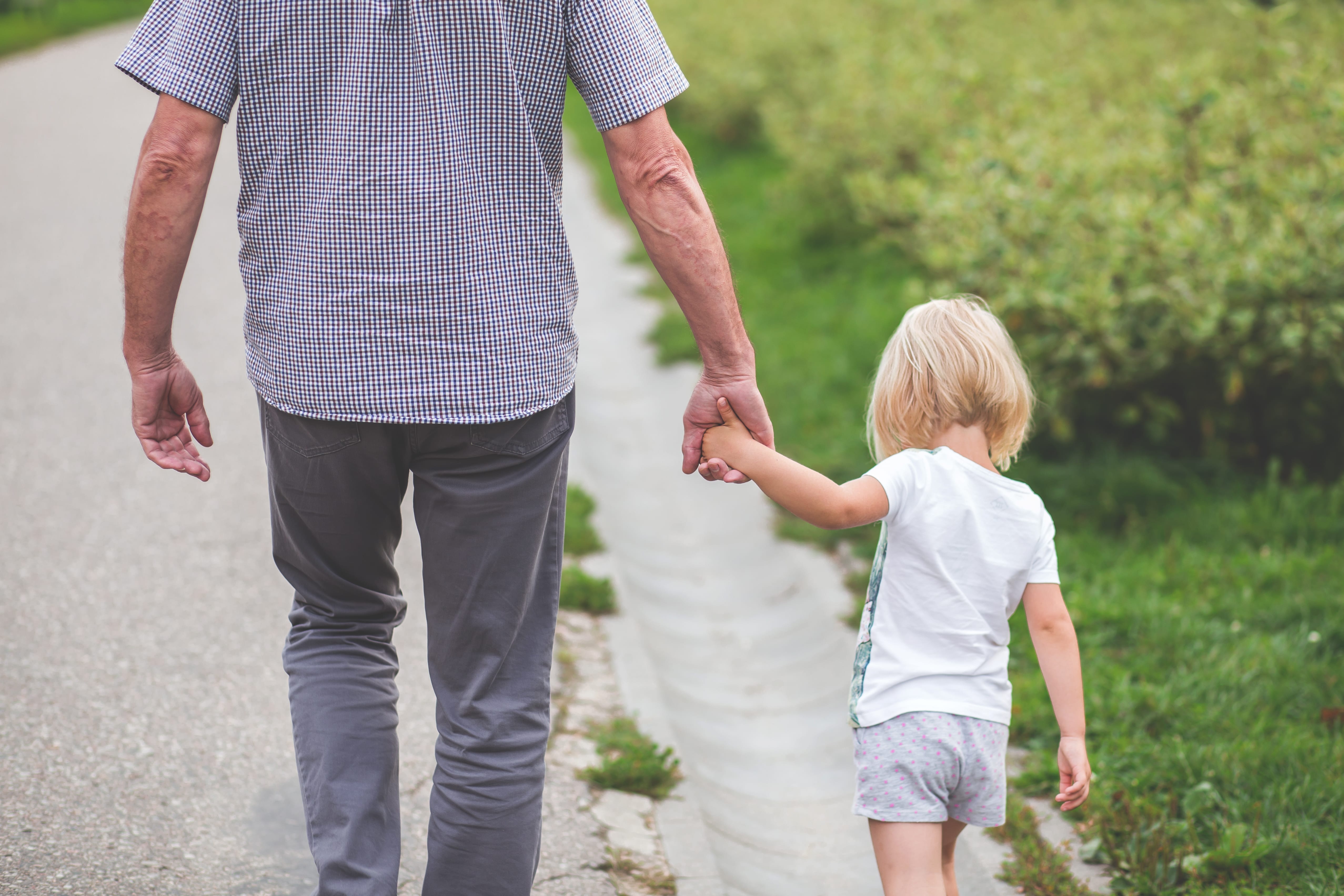
When we are very young, we usually model our behavior after family members or older people we know personally. At that stage, we emulate those who are closest to us. Then, as we encounter a wider world, we may choose role models such as athletes, singers, or performers simply because we find them attractive or exciting.
But we can make a mistake here—we don’t often stop to check and see if these people are “polite and decent.” At this stage in our development we’re often engaged in hero worship from afar.
Role model in Merton’s use of the term focuses on people with similar backgrounds or situations to our own. When we choose role models who seem familiar, they represent possibility and opportunity. We look at these people and think, “I want to be like that person.” What they do seems really important, or interesting, or meaningful.
Then we may begin to spread the net a bit wider and start to follow people who are different from our own social and economic network, ethnic background, or gender. With this attitude, we can appreciate the virtues of people from different faith traditions or cultures who embody noble qualities.
Role Models Aren’t Perfect—They are Human
As we look around, we can keep in mind that role models don’t have to be perfect!
This is important because otherwise we can lose faith in good qualities if our role model stumbles or displays puzzling behavior. We can respect or choose to follow certain aspects of a person’s character without being slavish or naive. When we do that, we are respecting the characteristics rather than just the person. We can still understand that they may exhibit other flaws. So, if we observe others with open hearts and minds, we can notice individuals who frequently demonstrate politeness, virtue and decency—even if they are not flawless.
And, as we mature, we can become more sophisticated in our choices. So, then we can decide to take the emperor’s advice as a guideline and be selective about the people we follow. We have so many opportunities these days to be aware of people who are doing good work in local communities as well as on a larger scale.
Respecting Nobility and Virtue
During troubling times such as our pandemic situation it can help to look around and acknowledge all the goodness that people are displaying on a daily basis. We can remind ourselves that many people are feeling anxious or stressed. With mindfulness, we can then make an extra effort to acknowledge virtue wherever we witness it. Thank the person if you can—and if not, at least rejoice in the example they have set.
People around the world are appreciating human decency and caring intuitively as they applaud healthcare workers and engage in tributes to EMTS, emergency room staff, and other medical heroes.1A Thank You Note to Physicians and Frontline Healthcare Workers During the COVID-19 Crisis And you can also follow the example of or support people in your neighborhood who are staffing food banks or arranging delivery services to elderly people sheltering at home.
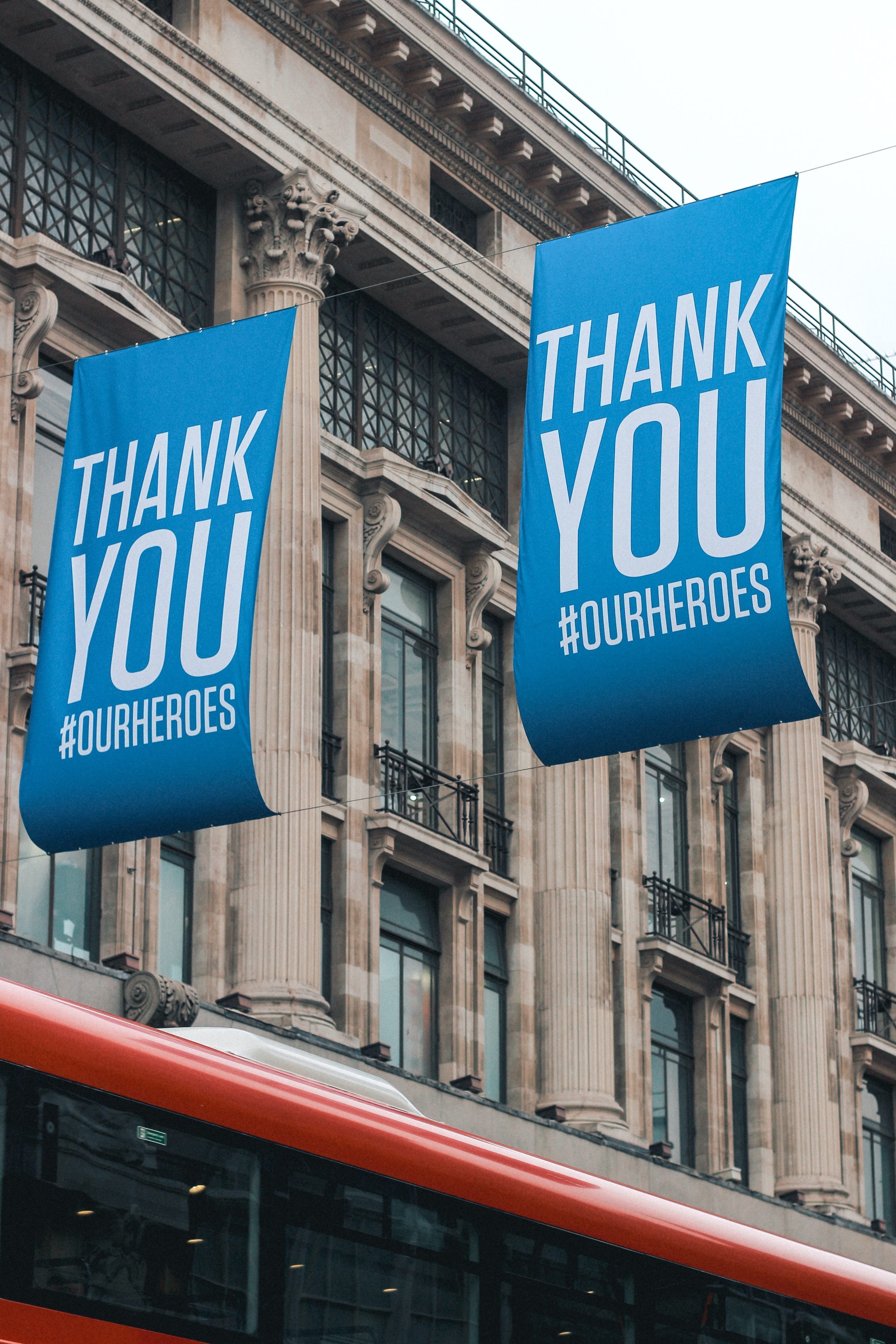
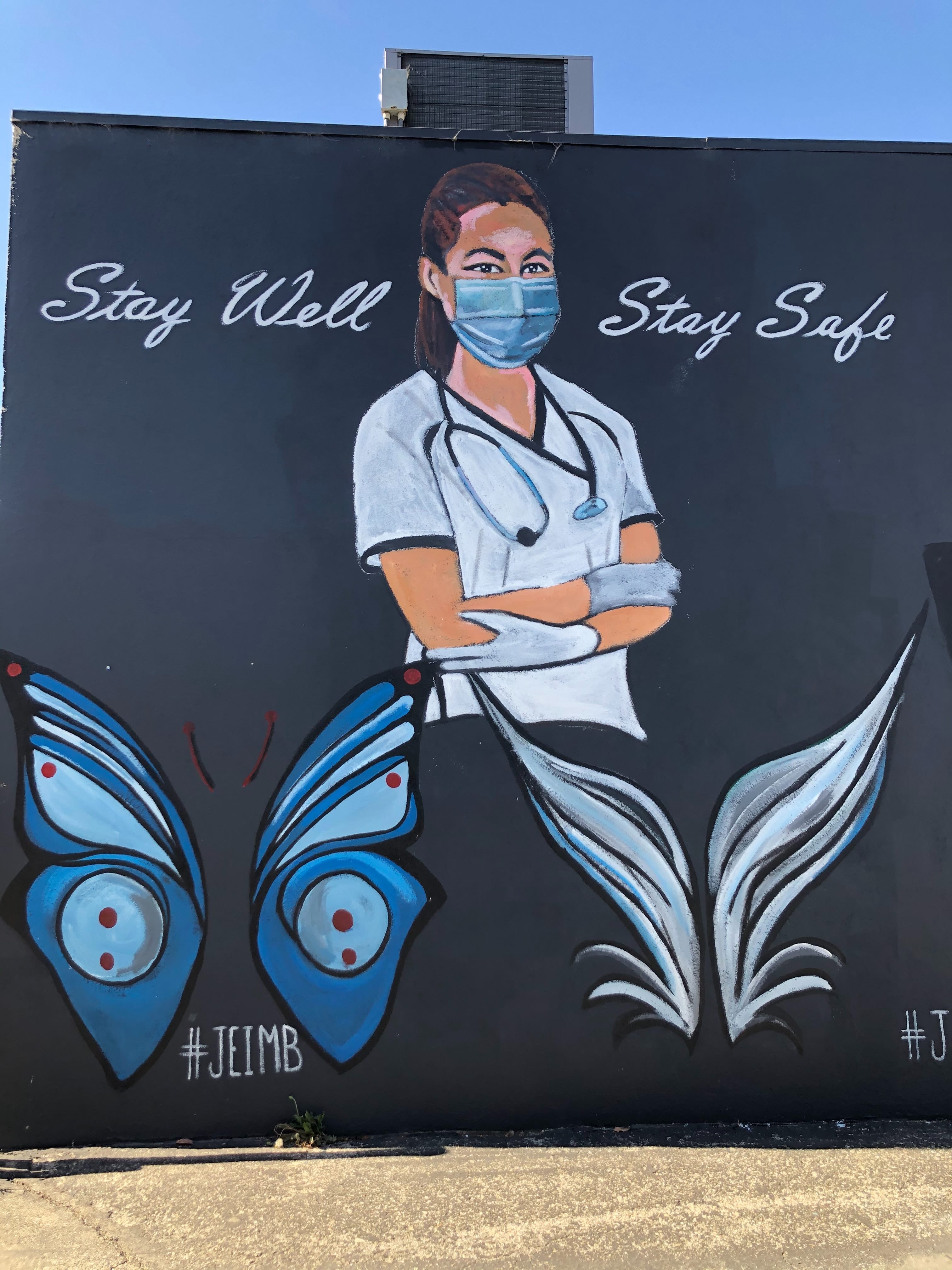
Learn from Others
Grassroots organizations in your community may also be a good place to encounter people to model—especially in times when travel is impossible or discouraged. Look around your neighborhood or community now and find out who heads organizations that do work that you respect or value. Then reach out to those people and ask questions. Don’t be shy about saying why you are interested in their mission. If you don’t feel confident in your skills, ask if someone might be willing to mentor you as you learn the ropes. Take the time to train in noble qualities now so that you can then model that behavior for others!
Share With Us
You may have an especially touching story about someone who was or still serves as an important role-model. These stories can inspire us all because we can appreciate that role models appear in many different ways in all of our lives. Please share with us so that we can all celebrate these beautiful people and aspire to be the best role models we can be ourselves!


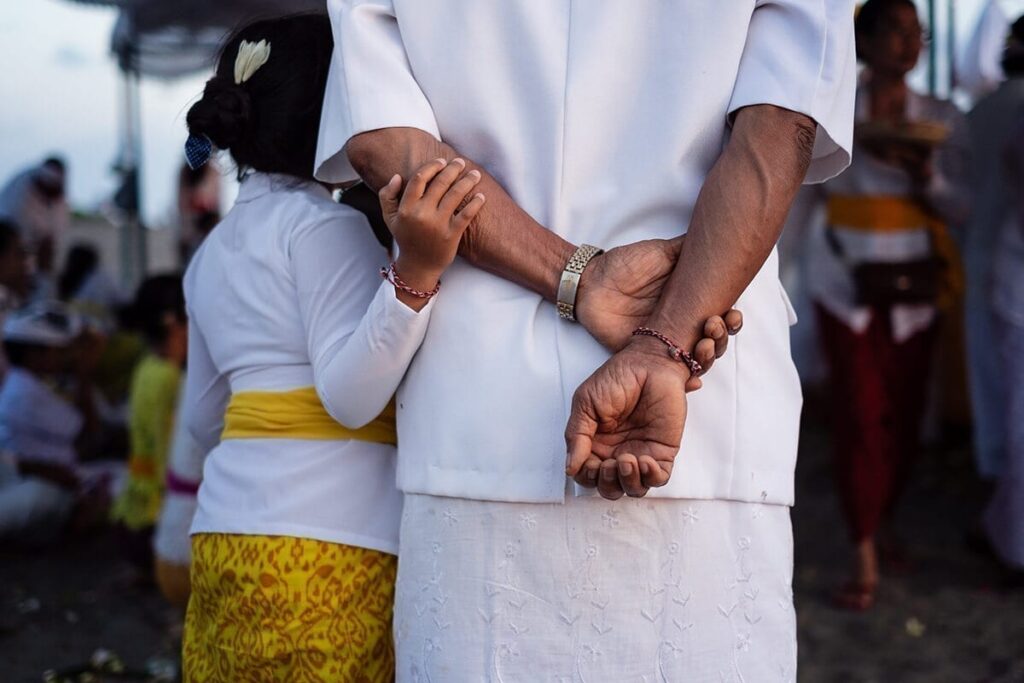

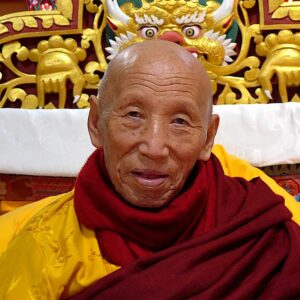





Responses